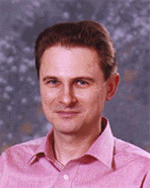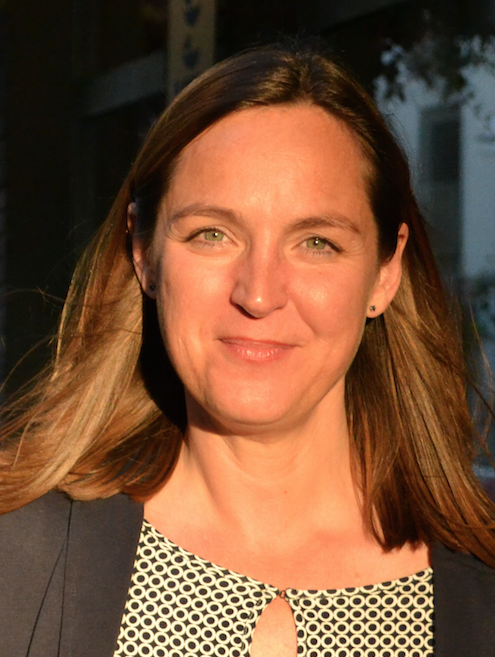Welcome
Reversible Computation - Extending Horizons of Computing
Objective
Reversible computation is an emerging paradigm that extends the standard forwards-only mode of computation with the ability to execute in reverse, so that computation can run backwards as naturally as it can go forwards. It aims to deliver novel computing devices and software, and to enhance traditional systems by equipping them with reversibility. The potential benefits include the design of revolutionary reversible logic gates and circuits - leading to low-power computing and innovative hardware for green ICT, and new conceptual frameworks, language abstractions and software tools for reliable and recovery oriented distributed systems. Landauers Principle, a theoretical explanation why a significant proportion of electrical power consumed by current forwards-only computers is lost in the form of heat and why making computation reversible is necessary and beneficial, has only been shown empirically in 2012. Hence now is the right time to launch a COST Action on reversible computation. The Action will establish the first European (and the world first) network of excellence to coordinate research on reversible computation. Many fundamental challenges cannot be solved currently by partitioned and uncoordinated research, so a collaborative effort of European expertise with an industrial participation, as proposed by this Action, is the most logical and efficient way to proceed.More about the ICT COST Action IC1405:
http://www.cost.eu/COST_Actions/ict/Actions/IC1405
About COST
COST (European Cooperation in Science and Technology) is a pan-European intergovernmental framework. Its mission is to enable break-through scientific and technological developments leading to new concepts and products and thereby contribute to strengthening Europe's research and innovation capacities.It allows researchers, engineers and scholars to jointly develop their own ideas and take new initiatives across all fields of science and technology, while promoting multi- and interdisciplinary approaches. COST aims at fostering a better integration of less research intensive countries to the knowledge hubs of the European Research Area. The COST Association, an International not-for-profit Association under Belgian Law, integrates all management, governing and administrative functions necessary for the operation of the framework. The COST Association has currently 36 Member Countries.
More about COST:www.cost.eu
Links
Memorandum of UnderstandingCOST rules and guidelines
Contact
Reversible Computation - Extending Horizons of Computing







